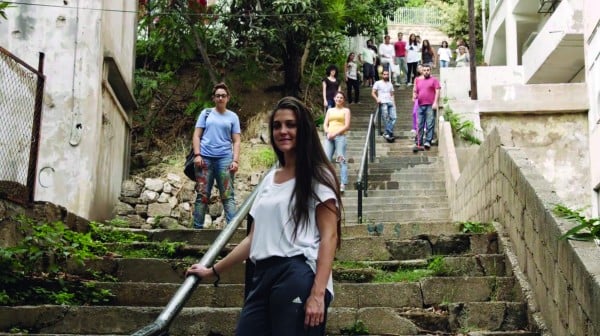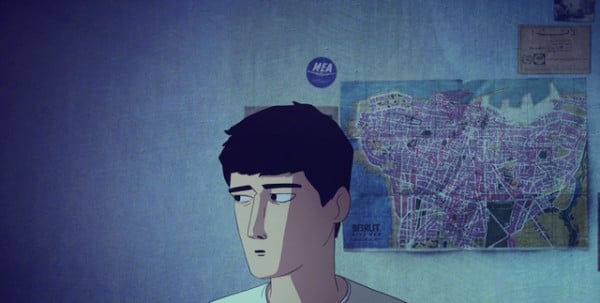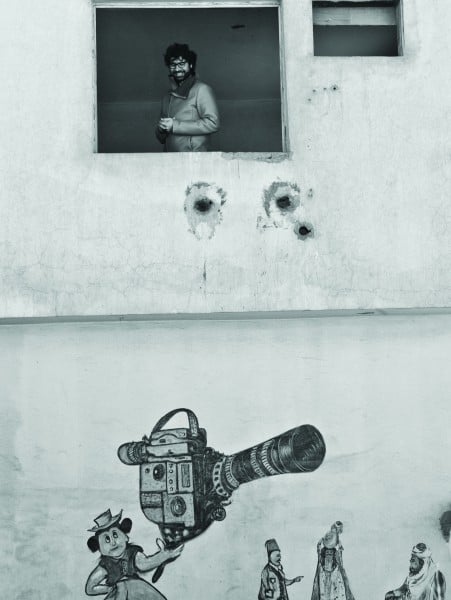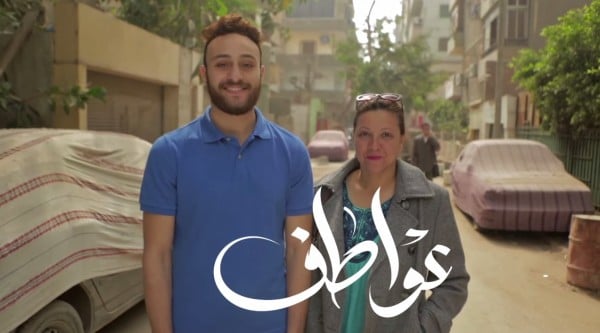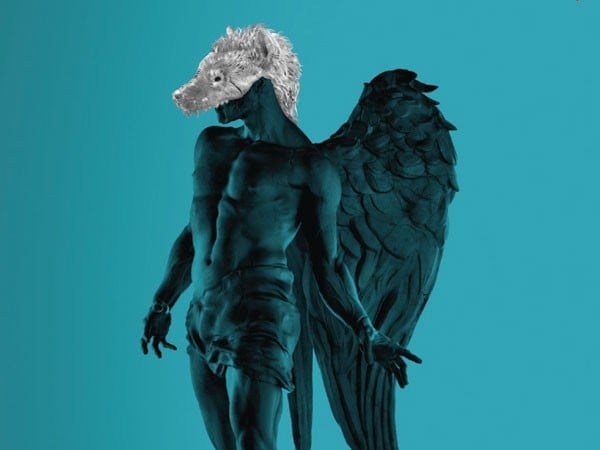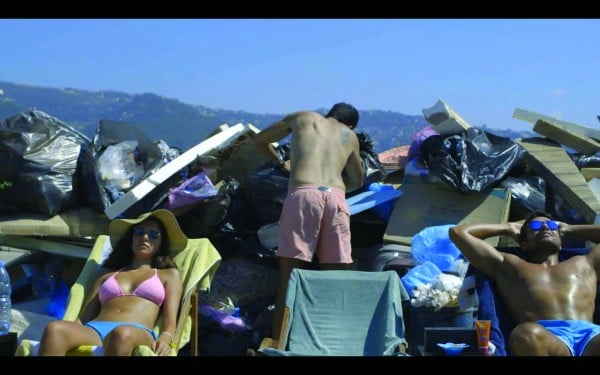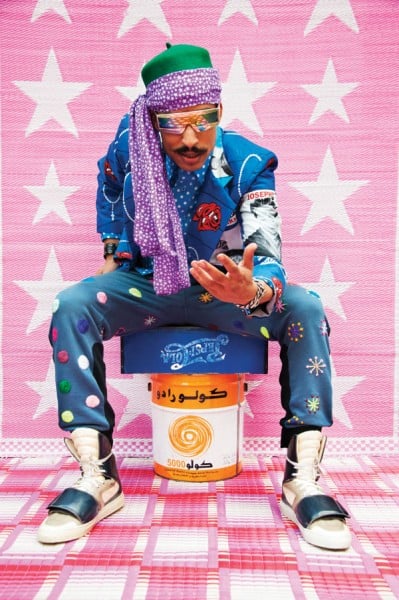1) A collaboration between Beirut’s Dihzahyners and 7Up revealed how such initiatives could work for the benefit of both parties. Seeking to make Beirut brighter and more beautiful through colour, the group of young artists and designers worked with 7Up’s ‘Feels Good to be You’ platform to showcase Beirut in all its tainted beauty. The end result was a passionate display of the necessity of change.
2) In the Arab world, we are trapped between two savage forces,” said the Lebanese author Elias Khoury at the Shubbak Festival in London. “The major issue now in the region is how to survive and how to save life. And in this sense, I always felt during the Lebanese Civil War and afterwards – and with the Palestinians – that literature is a major way of surviving. Literature and art. So we must at least defend our right to write and to express ourselves and here we must not pay attention to the price. The price can be very high but it’s worth paying. Writing is a way of defending life and this is what we are trying to do, knowing that in the end we will all die. But we are not defending our personal lives, we are defending the idea of life and the life of others.”
3) Director Ely Dagher’s Waves ’98 was the first Lebanese film to compete in the official competition at Cannes since 1991. It went on to win, landing the Palme d’Or in the official short film selection and launching the Brussels- based Lebanese director and visual artist’s career into the stratosphere. An artistic exploration of the director’s relationship with Beirut, the film was the end result of two years of hard graft and contemplation and a surrealist blend of multiple styles of animation.
4) This year was the year that Egyptian director Omar Hilal went global. One of only a handful of directors from the Middle East to crack the international market, he signed with United Kingdom-based production company Great Guns in January and went on to shoot commercials for clients outside the region including in the UK and Singapore.
5) It was also the year that Leo Burnett MENA’s chief creative officer, Bechara Mouzannar, ventured into short film making. Apelo was also his first experience as an actor, portraying himself in a film that he also directed and co-produced – and which was inspired by an event that occurred during his inaugural trip to Brazil in 2007. It was, he said, the story of a Lebanese tourist adrift in the streets of Rio de Janeiro.
6) The first campaign to effectively break the social taboo of not disclosing one’s mother’s name in public lest her name become a subject of shame and ridicule in public forums, Impact BBDO’s ‘Give mom back her name’ won an in augural glass Lion at Cannes. Launched by UN Women to coincide with Mother’s Day, the film asked a number of men what their mother’s name was. Simple and powerful.
7) “The idea that people might see this ad and think that I was somehow endorsing a product with my art was immediately repulsive to me. And that effect was exacerbated by the product itself, an American soft drink, perhaps the greatest conceivable metaphor for gluttonous empty values.” So wrote writer Jason Stoneking, who did not want his Cairo Dish-Painting Initiative associated with any brand. Yet 7Up went ahead and used it anyway as part of its new ‘Perspective’ campaign. Touché.
8) Lebanese band Mashrou’ Leila collaborated with Leo Burnett Beirut to create a unifying experience that brought together people who find freedom at night. Bold, outspoken and challenging social constraints, such work is more needed than ever, with the agency creating the album cover and concept for the band’s fourth album, Ibn El Leil (Son of the Night).
9) In a bid to keep the protests in Lebanon alive, director Edwin Harb Kadri teamed up with a group of friends to shoot a handful of films supporting the ‘You Stink’ initiative over the course of a hectic and dramatic few days in August. The end results may not have been that refined, but they were important and had a clearly defined message of unity and duty.
10) Sole DXB’s work with internationally-acclaimed London-based Moroccan artist Hassan Hajjaj offered a “refreshing take on Dubai and the wider Middle East”. Produced by Hajjaj and Moloobhoy & Brown at Hajjaj’s London studio, ‘Mr Amine Bendriouich’ was the embodiment of the idea that an artist can work successfully across different media.


